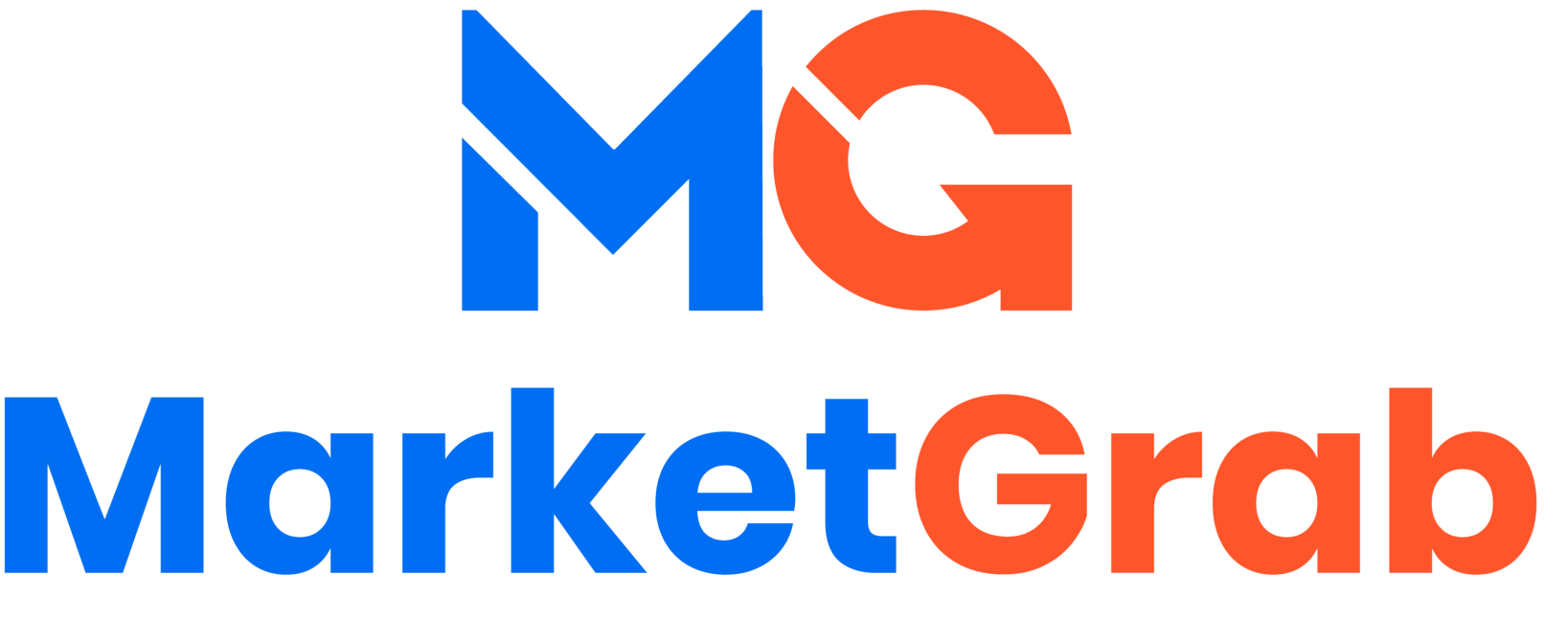A Guide to Managing PPC Advertising Campaigns for Conversions
Pay-per-click (PPC) advertising has become essential to a successful digital marketing strategy. However, setting up a PPC campaign and letting it run isn't enough to ensure success. Effective management and conversion optimisation is vital to achieving the desired results from your PPC campaigns.
In this guide, we'll discuss the best practices and strategies for managing your pay-per-click advertising campaigns to drive conversions and achieve the best possible return on investment (ROI).
1.Set Clear Campaign Goals and Objectives
Your goals should be specific, measurable, achievable, relevant, and time-bound (SMART). This will help you track your progress, make necessary adjustments, and ultimately, achieve better results. Common PPC campaign goals include increasing website traffic, generating leads, or driving sales.
2. Conduct Thorough Keyword Research
The foundation of a successful PPC campaign lies in selecting the right keywords to target. This requires thorough keyword research, which should be conducted using reliable tools such as Google AdWords Keyword Planner or SEMrush. Your keywords should be relevant to your product or service and have a high search volume but not be overly competitive. Be sure also to consider long-tail keywords, which tend to have lower competition and a higher likelihood of conversion.
3. Create Compelling Ad Copy
Craft compelling and engaging ad copy communicating your product or service's unique selling proposition (USP). Use strong headlines, clear calls-to-action (CTAs), and persuasive language to encourage users to click on your ads and take the desired action.
4. Optimise Landing Pages for Conversions
Once a user clicks on your ad, they should be taken to a relevant and well-designed landing page optimised for conversions. Focus on creating a clear and consistent message between your ad copy and landing page, and ensure the page is easy to navigate, visually appealing, and mobile-friendly. Include strong CTAs, concise forms, and trust signals (testimonials or security badges) to improve conversion rates.
5. Implement Conversion Tracking
You must have a robust conversion tracking system to manage your PPC campaigns for conversions effectively. This will allow you to monitor the performance of your campaigns and make data-driven decisions to optimise for better results.
6. Regularly Analyze and Optimize Campaign Performance
PPC advertising campaigns require continuous monitoring, analysis, and optimisation to achieve the best results. Regularly review your campaign performance and make data-driven adjustments to improve conversion rates. This may involve testing different ad copy variations, adjusting bids, experimenting with new keywords, or refining your targeting options.
7. Employ A/B Testing
By testing different ad copy variations, landing pages, or other campaign elements, you can identify which version performs best and make informed decisions to improve your campaigns. Be sure to test one variable at a time to accurately determine the impact of each change on your conversion rates.
8. Optimise Bidding Strategies
Your bidding strategy plays a significant role in the success of your PPC campaigns. Experiment with different bidding strategies, such as cost-per-click (CPC), cost-per-thousand-impressions (CPM), or cost-per-acquisition (CPA), to find the most effective approach for your campaigns. Additionally, consider using automated bidding options, such as Google Ads' Smart Bidding, to leverage machine learning algorithms and optimise bids for conversions.
9. Utilise Remarketing and Audience Targeting
Remarketing and audience targeting are powerful strategies for driving conversions in your PPC campaigns. By targeting users who have previously engaged with your website or shown interest in your products or services, you can deliver highly relevant ads that are more likely to result in conversions. Utilise Google Ads' Remarketing Lists for Search Ads (RLSA) or Facebook's Custom Audiences to create remarketing campaigns and target specific user segments based on their behaviour or interests.
10. Monitor and Adjust Your Campaign Budget
Finally, regularly monitor and adjust your campaign budget to maximise your return on investment (ROI) and save money on low-performing keywords or ad placements. Make data-driven decisions by analysing your campaign performance and identifying areas for improvement or optimisation. This may include adjusting your bid strategy, reallocating the budget to higher-performing campaigns, or pausing underperforming ads or keywords. Stay agile and adaptable, making adjustments to optimise your PPC campaign performance and achieve your desired results.
Conclusion
Successful pay-per-click campaigns require strategic planning, keyword research, ad creation, and ongoing monitoring and optimisation. These tips can create more effective PPC campaigns that increase conversions and improve your overall marketing ROI. Stay focused on your target audience, continually refine your campaigns, and be prepared to adapt to changes in the competitive landscape to maximise your PPC success.
Market Grab is an outstanding provider of search engine marketing solutions and digital marketing strategies that has the potential to transform your company's online presence significantly. With a team of dedicated professionals, we offer excellent services that cater to the needs of businesses across a diverse range of industries at both local and global scales. To expect a collaborative partnership focused on driving success in
pay-per-click in London, do not hesitate to contact us and begin a fruitful relationship with a leading industry expert.










